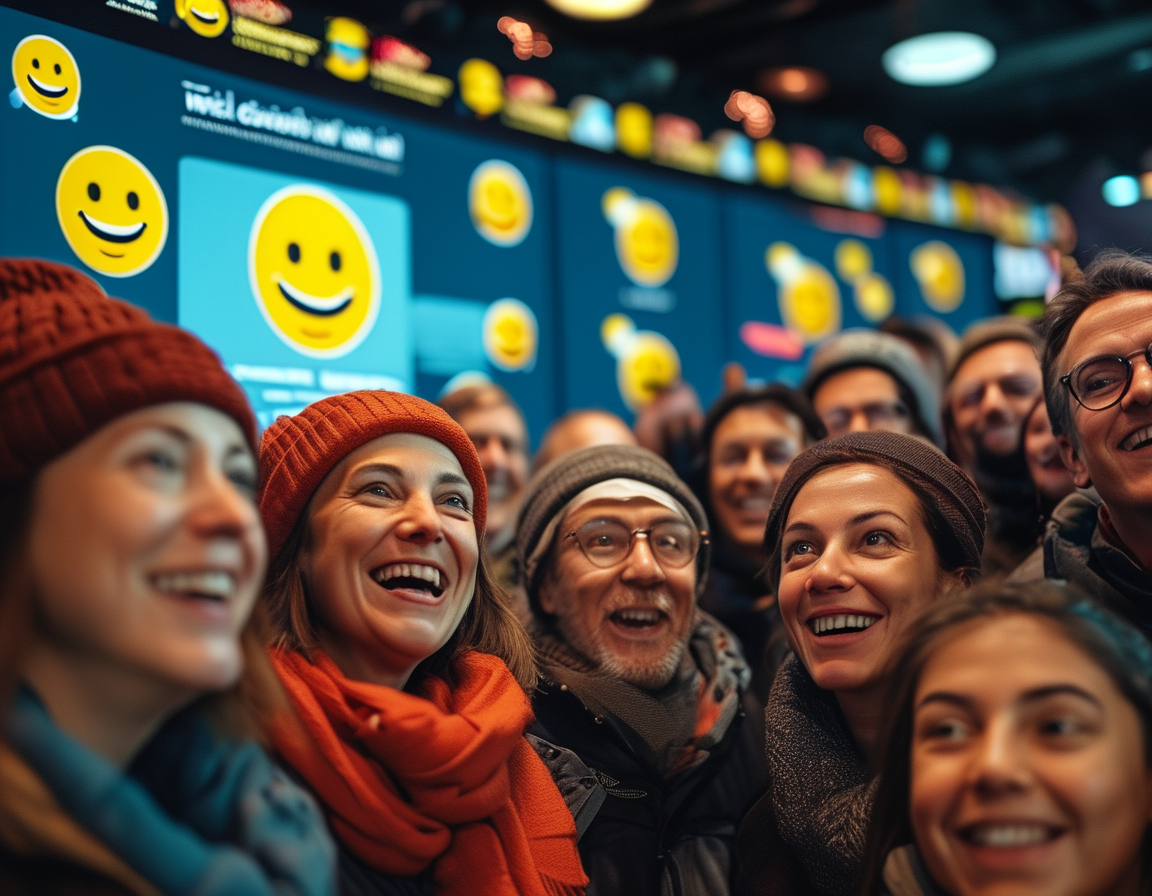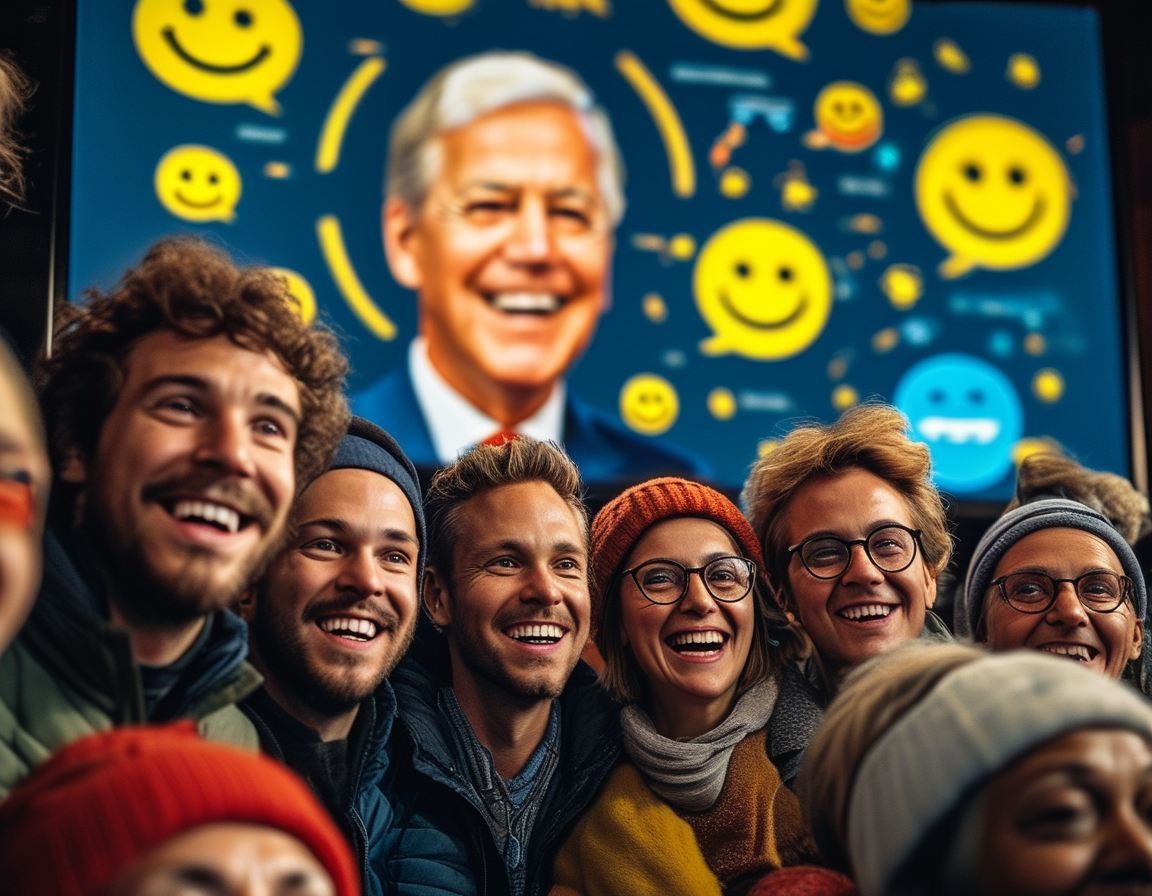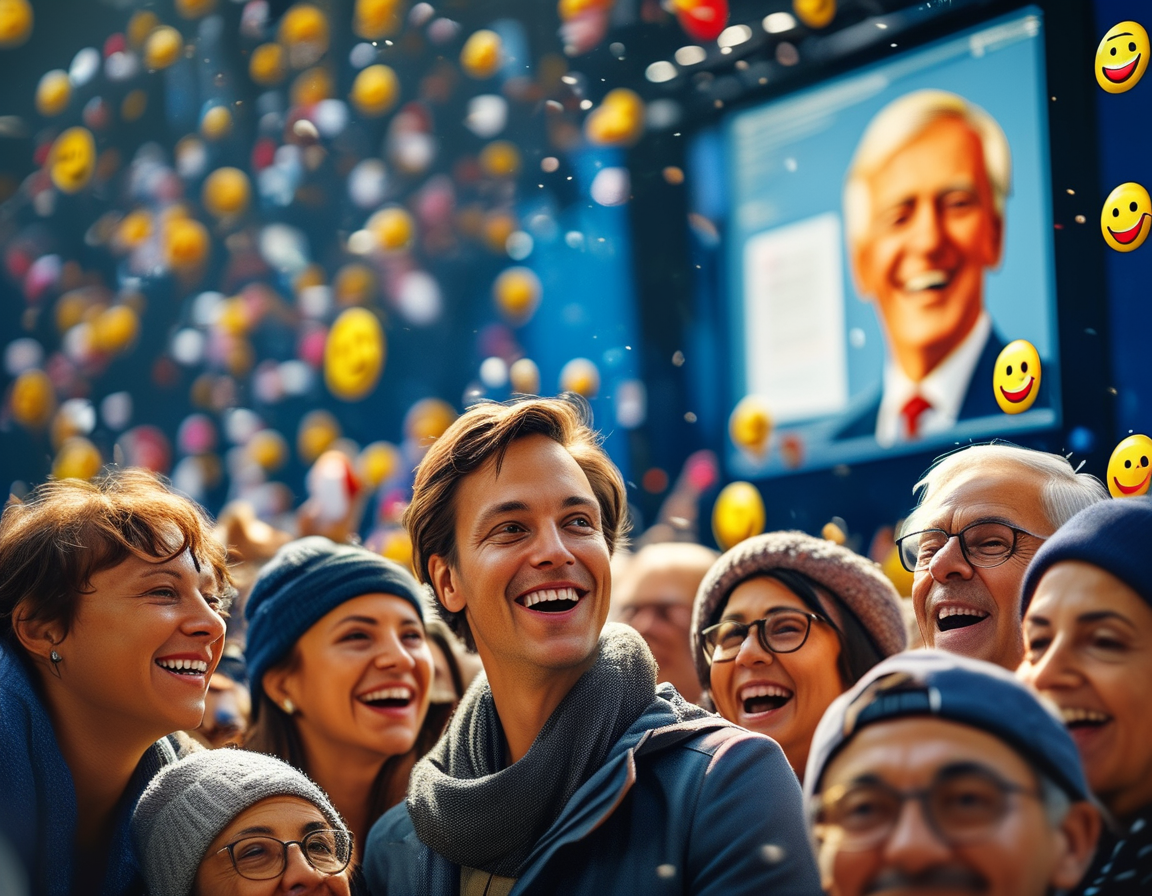The Selfie Vote: A Hilarious Political Irony
In the vast arena of politics, where every action is scrutinized, humor occasionally finds its way in. Who would’ve thought that a single Facebook post could create waves of laughter? This was precisely the case with Mihai Chirica, the mayor of Iași. His recent post calling citizens to vote for a ‘European Romania’ became instant fodder for comedic gold.

Chirica’s original intent was serious. He wanted the people of Iași to rally behind his vision for their city. He spoke of progress and unity, encouraging people to embrace their European identity. But what happened next was unexpected. A comment from a daring user turned Chirica’s earnest appeal on its head, saying, “Ah, so even you didn’t vote for Mihai Chirica. Respect!”
This comment ignited a firestorm of humor. Suddenly, a campaign message became the punchline of a joke. This moment showcased a side of politics that people often overlook. It broke down the barriers between politicians and citizens, allowing laughter to bridge that gap.
Social Media: A New Stage for Civic Engagement

In today’s digital age, humor has found a new home. It’s no longer limited to comedy clubs or late-night television. Social media gives anyone an opportunity to respond to political discourse. Chirica’s post and the subsequent comments reflect this shift. Voters took the chance to engage with a message that was supposed to be formal and serious.
One could argue that humor is essential in politics. It adds a layer of relatability. It’s the laughter that softens the edges of political tension. Instead of heated debates filled with accusations and blame, a good laugh can redirect conversations toward understanding and connection. The witty comments on Chirica’s post turned serious political messages into light-hearted banter.
Comedy as a Softening Agent

The political climate can often feel charged—rife with confrontation and division. Enter the age of memes. Moments like the “selfie vote” ground political rhetoric in reality. They remind us that politicians are people too, capable of being on the receiving end of humor. This particular incident illustrates that laughter can coexist with democracy.
When the community comes together to poke fun at a political blunder, it fosters a sense of camaraderie. This shared experience can create a stronger bond among voters and their leaders. It humanizes officials, allowing citizens to view them not as distant figures but as individuals who also bear the weight of responsibility.
Redefining Political Spaces
What does this mean for the future of political discourse? The “selfie vote” episode serves as a reminder that social media has changed the game. Today, it’s a platform for engagement, dialogue, and yes, even laughter. Politicians must embrace this evolution to connect with their constituents.
As citizens interact with political messages, their responses take on new forms. Humor is a powerful tool in this space. Posts like Chirica’s invite feedback that can spark discussions—sometimes serious, often hilariously absurd. This dynamic shifts the focus of political marketing from mere statistics to authentic interactions.
In conclusion, Chirica’s post exemplified a refreshing twist in the political narrative. It transformed a straightforward voter appeal into a comic relief moment, reminding us all that laughter is essential. This election season, as we engage with candidates, let’s not forget the power of humor in bridging divides. After all, amidst the serious business of politics, a good laugh can bring us together in unexpected ways.
Leave a Comment